
Business
“Becoming a mentor helped me see my own value.”
6th March 2025
21st April 2020
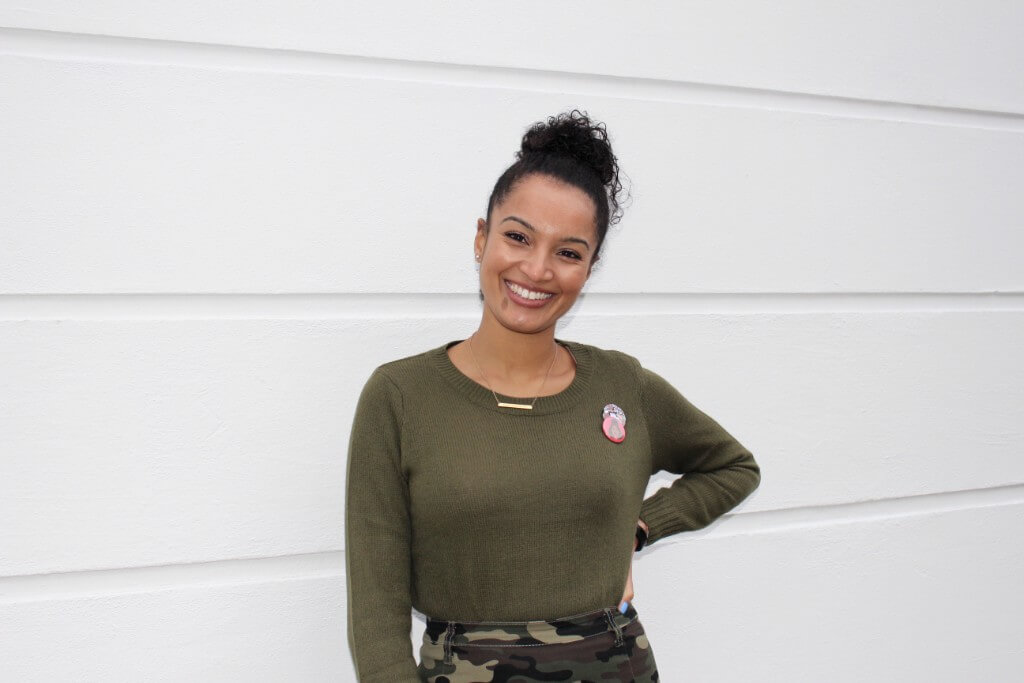
“Running a business is a rollercoaster. There are definitely ups and downs,“ says Khalia Ismain, founder of discount card Jamii, which aims to support Black British businesses. There are more than 100 Jamii partners, each providing discounts to cardholders. “Every brand is one we’d buy from ourselves,“ she says. “A lot of the products can be used by anyone, such as clothing, cards, jewellery or shea butter, but they’re made with Black people in mind. I didn’t want it to be an exclusive platform.”
With the coronavirus, there have been disappointments, such as the cancellation of the market that would have showcased Jamii partners. But it’s also enabled her to focus on online content. “People will be a lot more present online... and so there’s an opportunity to capture attention and really show people what we’re all about as a brand. We’re also taking the opportunity to hold digital events and create more value for our partners and other small businesses,“ she says.
Her advice for small businesses? “Assess how you can make this quarantine a blessing in disguise, one way or another. Think about what your core customers are doing right now, what they need and what value you can offer them from where you are. And stay positive!“
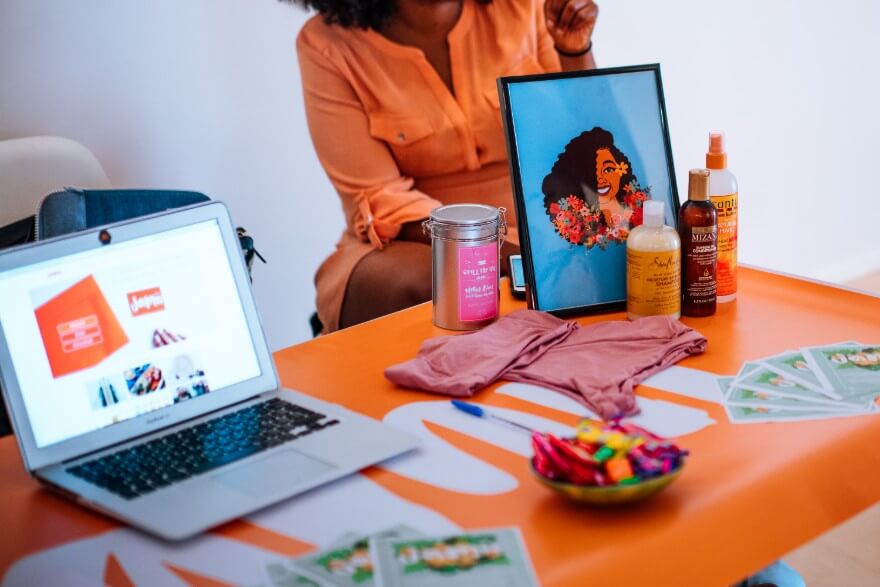
In difficult times, her own support comes from family members, some of which help run the business. “For a long time, my mum was the one sending out the Jamii cards. My dad tells everyone that he meets to go and get a Jamii card,“ she says. “My proudest moment was being able to hire my sister.“
Her sister Courtney has worked on the business in her spare time since Jamii was founded in 2016. “She was never in it for financial gain. She just always wanted to be a part of it - she believed in what it could be and wanted to help it get there.“
At first, Khalia’s parents were nervous about Courtney, 24, becoming a full-time employee. “When I showed them the contract she was getting and that she would be paid her annual salary every month, they could see that I was taking it very seriously,“ says Khalia, 26. “Courtney knows what I want and she feels comfortable pushing back on things. There’s a really high level of trust between us.“
Khalia came up with the idea for Jamii after seeing the headlines about #BlackLivesMatter, the activist movement that campaigns against violence and systemic racism towards Black people. “I wanted to support Black-owned businesses but I didn’t come from an overwhelmingly Black area and I didn’t know where they were,“ says Khalia, who grew up in Harrow in North London. “I wished there was an up-to-date directory that was easy to use and fit for purpose. But I also understood why those directories didn’t work - once you’d found the business, there was nothing to keep you going back.“
When she discussed it with her boyfriend Terory, they came up with an idea: creating a directory of Black British businesses and providing a discount for customers to keep them coming back.
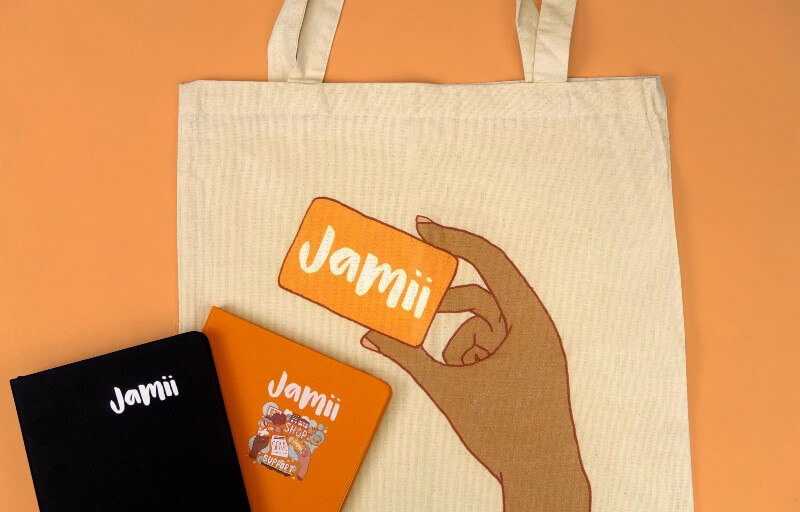
The name Jamii means ’community’ in Swahili. “I chose the Swahili name because I was inspired by the entrepreneurs I was working with in Kenya who had a very action-oriented approach to starting a business,“ she explains.
When she returned to London, she started Jamii and ran it alongside full-time jobs for a number of startups. “I’ve had very varied and very intense roles, often starting something from ground zero, such as a payroll or HR system,“ she says. “But each job gave me the components I needed to run Jamii.“
Khalia made the leap into running Jamii full-time last year. “On the good side, being full-time meant that I had so much time to really dedicate to the business. But on the flip side, my whole work was in my bedroom because I had no money for an office space. I went to my kitchen for breakfast, lunch and dinner and then it was back to my bedroom. It got pretty lonely and I didn’t see people out as much because I wanted to keep my money in my pocket. I put a lot of pressure on myself to make it work,“ she says.
“My advice to combat loneliness would be to go for walks, work with podcasts or radio on in the background and do group FaceTimes.“ She’s also part of a WhatsApp group with other business owners. They share news and updates or ask for help when making business decisions. “The question ‘What’s a good bank?’ comes up about once a week and Starling kept coming up as a really good option,“ she says. “I’d also seen how highly Mariam Jimoh, one of the case studies, spoke of Starling.“
Khalia now manages the Jamii finances with a Starling business account, which she’s integrated with her Xero online accounting software. “It’s so up to date. I’ll spend £5 and within a matter of minutes it comes up in Xero, which is really useful. It means that when I’m looking at my finances, I can pay my invoices and reconcile them at the same time, rather than having to wait three days.“
Many of the businesses Khalia has partnered with for Jamii also bank with Starling. Stay tuned for more business customer case studies. And in the meantime, keep communicating with like-minded business owners, friends and family members to make it through a difficult time. “What I like to do is surround myself with people and entrepreneurs with a strong sense of purpose,“ says Khalia. “People can use business to create positive change.“

Business
6th March 2025
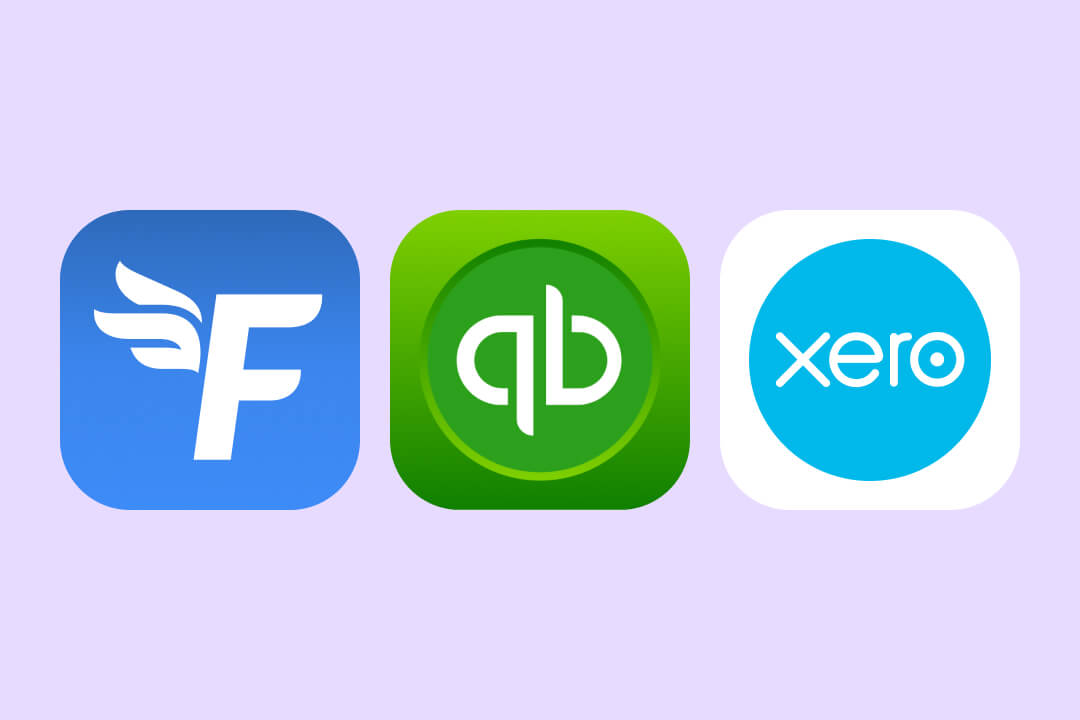
Business
24th May 2024

Business
24th May 2024
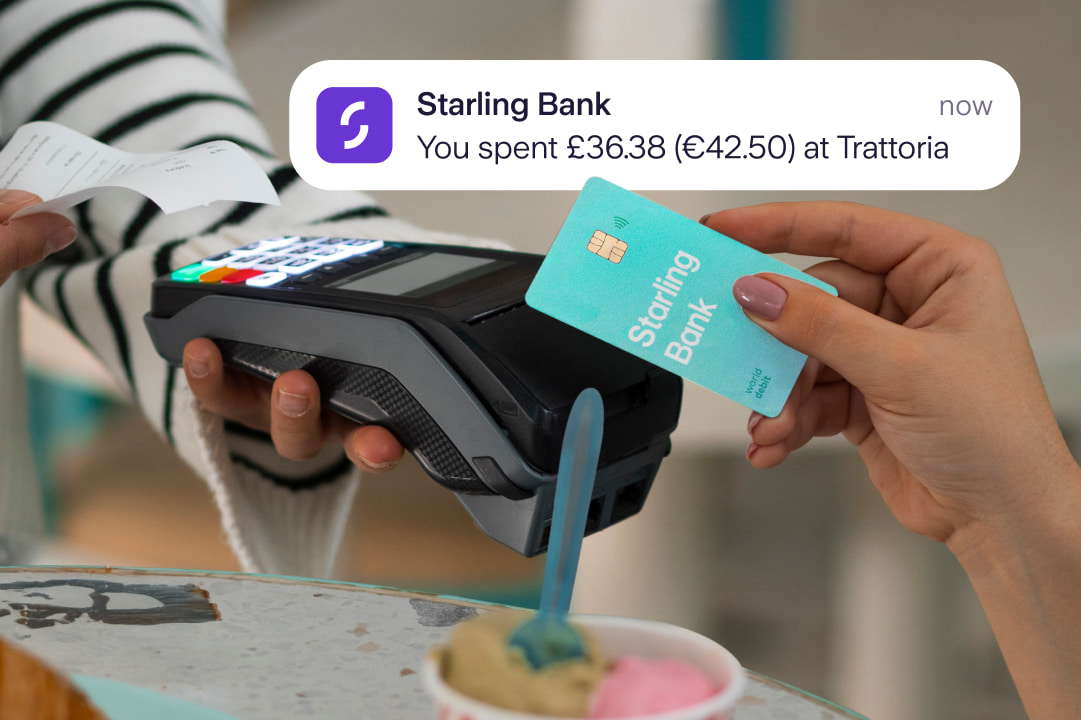
Money Truths
8th July 2025

Money Truths
2nd July 2025
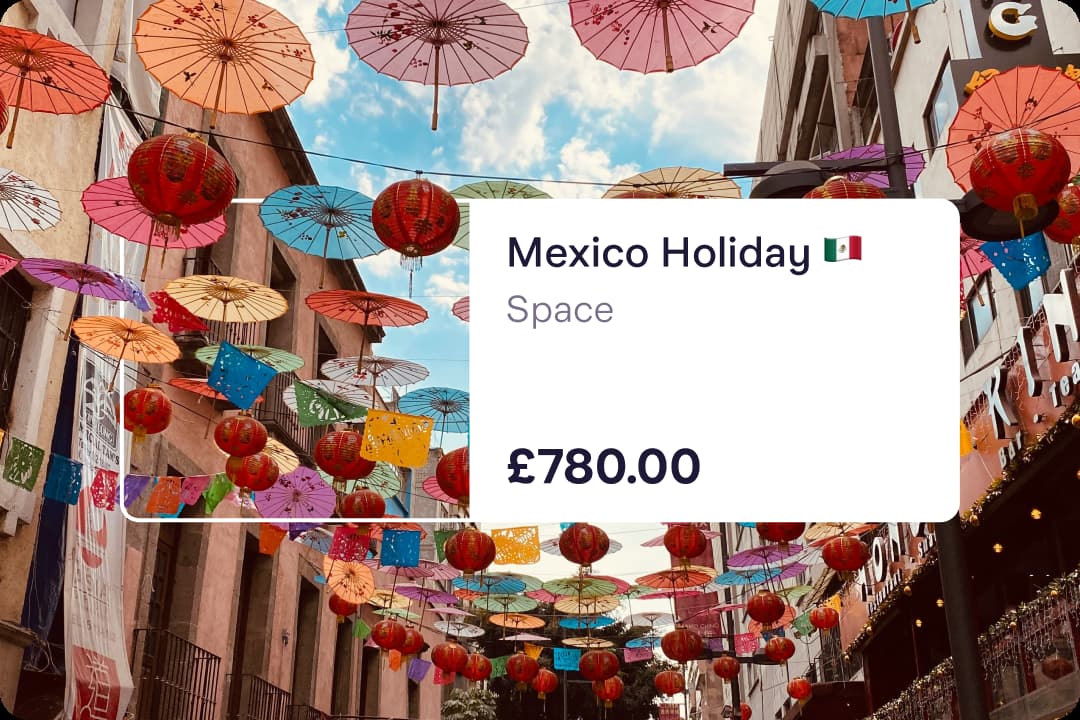
Money Truths
1st July 2025